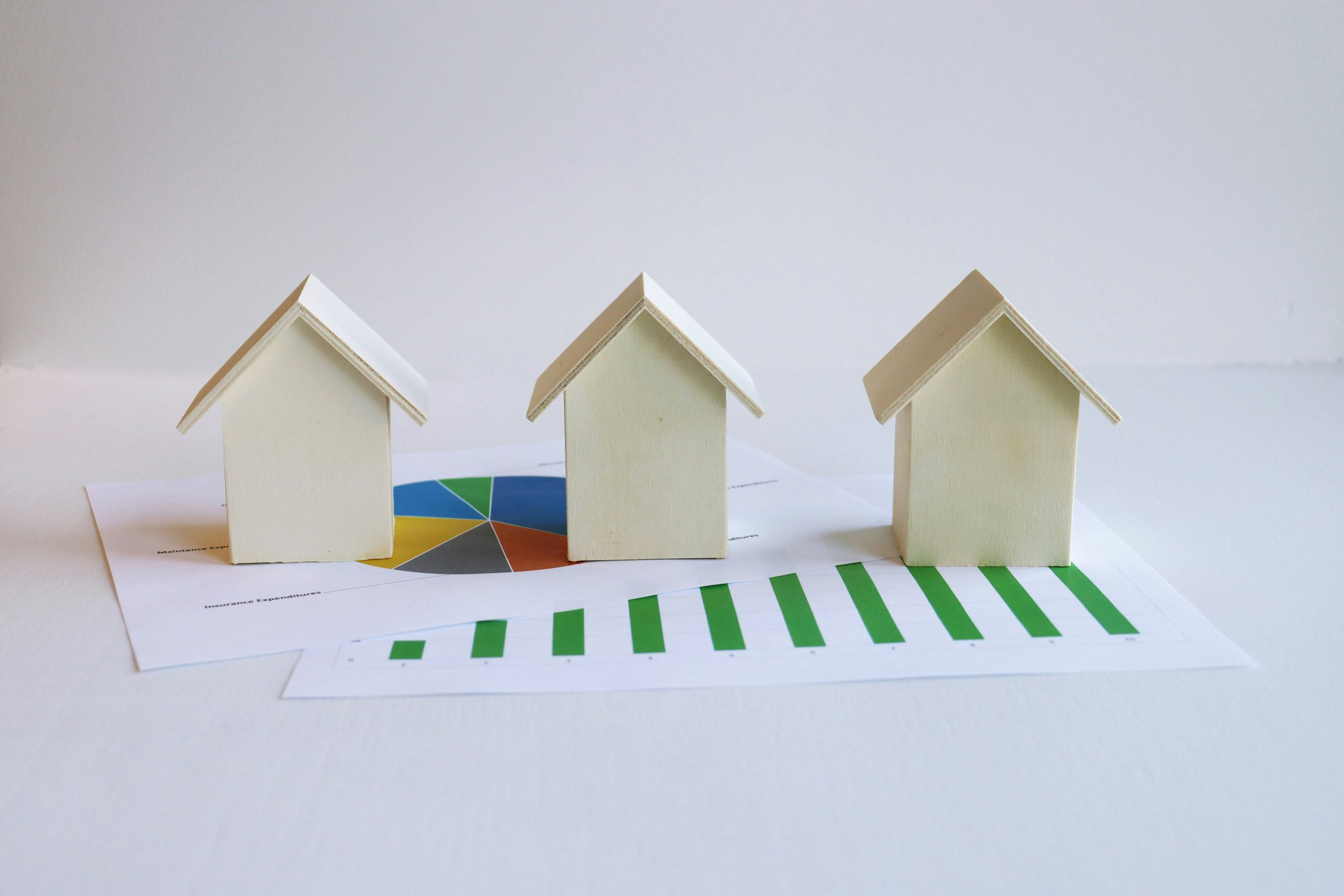Mastering Rental Property Management: Beyond Basic Landlord Duties
Being a landlord is no easy task. From managing multiple rental units to dealing with difficult tenants, it requires a great deal of time, effort, and patience. However, for those looking to take their property management skills to the next level, there’s more to being a successful landlord than just the basics. In this article, we’ll explore the key elements of mastering rental property management beyond the basic landlord duties. Whether you’re a seasoned property manager or just getting started, this guide will help you elevate your skills and become an expert in the field of rental property management.
Understanding the Role of a Rental Property Manager
Before we dive into the specifics of mastering rental property management, it’s important to understand the role of a property manager. While a landlord may simply own and rent out a property, a property manager is responsible for managing the day-to-day operations of a rental property. This includes everything from finding and screening tenants to handling maintenance and repairs.
The Importance of Communication
One of the key skills that sets a successful property manager apart from the rest is effective communication. This applies to both tenants and property owners. As a property manager, you act as the middleman between tenants and property owners, ensuring that both parties are satisfied and their needs are being met. This requires clear and timely communication, whether it’s responding to tenant inquiries or providing updates to property owners.
Mastering Tenant Screening
Having reliable and responsible tenants is crucial for the success of any rental property. As a property manager, it’s your responsibility to screen potential tenants to ensure they are a good fit for the property. This includes conducting background and credit checks, verifying income and employment, and checking for references. By thoroughly screening tenants, you can avoid potential issues such as late rent payments or property damage.
Effective Lease Management
A lease is a legally binding contract that outlines the terms and conditions of a rental agreement. As a property manager, it’s important to not only understand the terms of the lease but also ensure that tenants are following them. This includes collecting rent on time, enforcing late fees, and handling lease violations. By managing leases effectively, you can maintain a good relationship with tenants and avoid potential legal issues.
Implementing Efficient Property Maintenance
Maintaining a rental property is an ongoing responsibility that requires a proactive approach. As a property manager, it’s important to stay on top of routine maintenance tasks, such as regular inspections, to ensure the property is in good condition. This also includes promptly addressing any maintenance issues reported by tenants. By addressing maintenance concerns in a timely manner, you can keep tenants happy and avoid potential hazards or damages to the property.
Maintaining Financial Records
In addition to managing the day-to-day operations of a rental property, a property manager is also responsible for maintaining accurate financial records for the property. This includes tracking expenses, rent payments, and any repairs or maintenance costs. By keeping detailed financial records, you can ensure that the property is financially stable and provide accurate reports to property owners.
Marketing and Filling Vacancies
When a tenant moves out, it’s important to have a plan in place for filling the vacancy as quickly as possible. As a property manager, you must have effective marketing strategies in place to attract potential tenants and fill vacancies. This can include utilizing online listing platforms, hosting open houses, and leveraging social media to reach a wider audience.
Continuing Education and Staying Up-to-Date
The rental property industry is constantly evolving, and as a property manager, it’s important to stay informed and up-to-date on industry changes and trends. This includes attending conferences, workshops, or seminars, as well as staying informed through industry publications and online resources. By continuously learning and adapting to new practices, you can stay ahead of the game and provide the best possible service to your tenants and property owners.
Utilizing Technology
As technology continues to advance, there are numerous tools and software solutions available to help streamline property management tasks. These can include online rent payment systems, property management software, and tenant communication platforms. By utilizing these tools, you can save time and increase efficiency in managing your rental properties.
In Conclusion
Mastering rental property management goes far beyond basic landlord duties. It requires a combination of effective communication, organization, and staying informed on industry changes. By continuously improving your skills, you can become a successful property manager and provide the best possible service to your tenants and property owners. Remember, being a landlord may be challenging, but with the right approach and dedication, it can also be incredibly rewarding.









